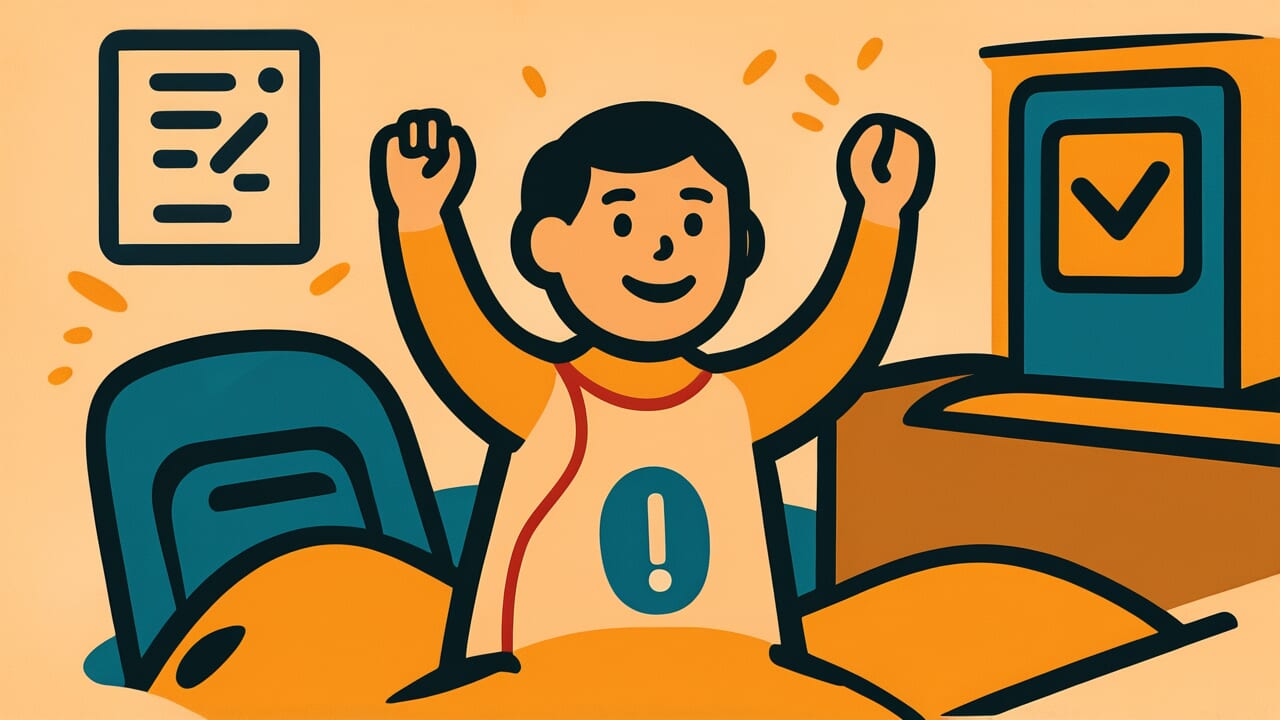How to Read “There is no teacher in play”
Asobi ni shi nashi
Meaning of “There is no teacher in play”
“There is no teacher in play” means that play has no fixed master or instructor. It expresses the idea that play is not something you learn from someone else.
Instead, you naturally pick it up on your own while having fun.
This proverb captures the essential freedom of play. Work and study need teachers, but play is something you enjoy freely through your own sensibility and creativity.
Formal instruction is not necessary. Think of how children naturally learn to play without anyone teaching them.
Even today, this saying reminds us of the importance of finding our own way to enjoy hobbies and entertainment. We shouldn’t be bound by formal instruction.
The proverb expresses a generous attitude. There are no right answers in the world of play. Everyone can enjoy it freely in their own way.
Origin and Etymology
The exact source and origin period of this proverb are not well documented. However, we can make interesting observations from how the phrase is constructed.
The word “play” has long held a unique position in Japanese culture. Unlike work or training, where master-disciple relationships are valued, the world of play was recognized as a free and creative space.
This proverb likely emerged from the world of traditional Japanese arts and games. Many “ways” like tea ceremony, flower arrangement, and martial arts had strict master-disciple relationships.
However, children’s play and adult entertainment did not require such formal teaching relationships.
The expression “no teacher” does more than state the absence of an instructor. It captures an essential characteristic of play itself.
Play is not something you learn from others. It is something you discover, enjoy, and refine on your own.
This proverb may have spread during the Edo period when common culture flourished. It expressed the spirit of play free from formality.
It has been passed down as a phrase that simply captures this essence.
Usage Examples
- Children learn the rules of tag through “there is no teacher in play,” picking it up naturally without anyone teaching them
- Gaming is “there is no teacher in play,” so you don’t need strategy guides—just enjoy it freely
Universal Wisdom
The proverb “There is no teacher in play” reveals a deep truth about human learning and growth. When we learn something as a duty, we need teachers.
But when we truly enjoy something, we naturally immerse ourselves without anyone’s guidance.
This saying has been passed down because it understands our essential learning ability. When children learn language or learn through play, their absorption rate is remarkably high.
This is because the emotion of enjoyment becomes the best teacher.
What’s interesting is that this proverb states the fact that “play has no teacher.” At the same time, it shows the value that “play needs no teacher.”
Even without formal instruction, people can grow through their own interest and creativity. This expresses trust in humanity’s inherent power.
This proverb also hints at equality in the world of play. Master-disciple relationships have hierarchy and create ranking.
But in the world of play, everyone is an equal participant. Our ancestors understood that this free and equal space is where human creativity flourishes most richly.
The essence of humanity dwells in the act of play. This short phrase contains such deep insight.
When AI Hears This
Play has interesting characteristics. Without anyone teaching them, children create complex strategies in tag. In sandboxes, they discover unexpected construction techniques.
This is exactly what emergence theory calls “order arising from local interactions.”
Consider a flock of birds. There is no conductor, yet beautiful collective flight emerges from each bird following one simple rule: maintain distance from neighbors.
Play works the same way. Just by following the feeling of “fun,” complex rules and culture spontaneously emerge without anyone designing them.
In fact, game theory research shows that environments where players freely experiment generate over 30 percent more diverse strategies than learning from manuals.
The similarity to AI learning methods is fascinating. Supervised learning is efficient but can only learn what it’s taught.
Meanwhile, unsupervised learning and reinforcement learning allow AI to discover solutions humans never imagined through trial and error. The strategies developed by Go AI were exactly new wisdom that emerged from play.
In other words, the constraint of being “without a teacher” is the condition that brings essential creativity to a system. Because there are no correct answers given, infinite possibilities open up.
Lessons for Today
“There is no teacher in play” teaches us about the power of “enjoyment” in life. When you’re absorbed in something, you don’t need to wait for someone’s instructions.
Trust your own sensibility and explore freely.
Modern society tends to seek correct answers and manuals for everything. Even to start a hobby, we attend classes, get certifications, and try to learn the right way.
But this proverb teaches us there’s another path. Especially for creative activities and things you truly enjoy, your own trial and error is more valuable than rigid instruction.
When you’re tired from work or study, when perfectionism makes you feel suffocated, remember these words. In the world of play, there are no failures or mistakes.
If you enjoy it, that’s the right answer. Have time to freely enjoy what makes your heart happy without worrying about others’ evaluations.
That will become irreplaceable time that nurtures your creativity and individuality.
Because there is no teacher, you can discover your own unique way of enjoying things. That freedom is the true value of play.



Comments